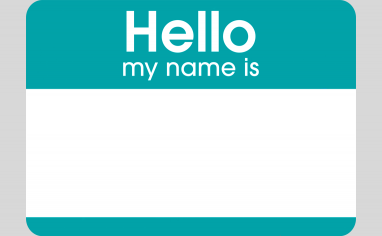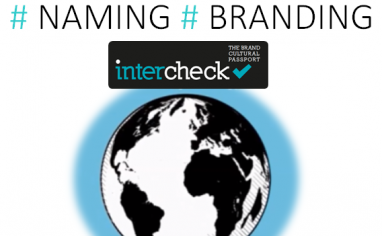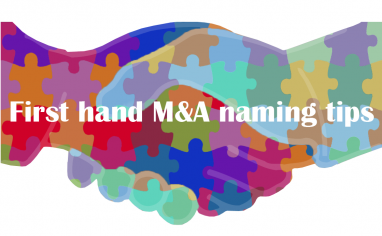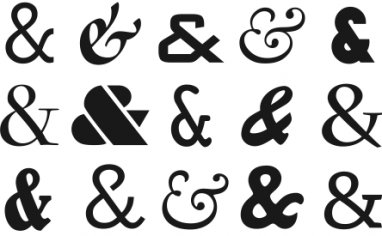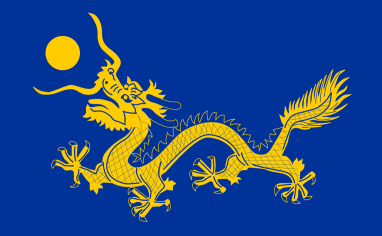How do you name a brand?
Starting a business, launching a new product or simply looking for a new start; those are a few of the reasons that lead people to seek names for their brands. Once the decision to look for a name has been made, the next obvious question is: How do you name a brand? In the past, traditionally, most companies would take their founder’s name – usually because the companies would be passed from father to son for generations. On top of…
Read more >